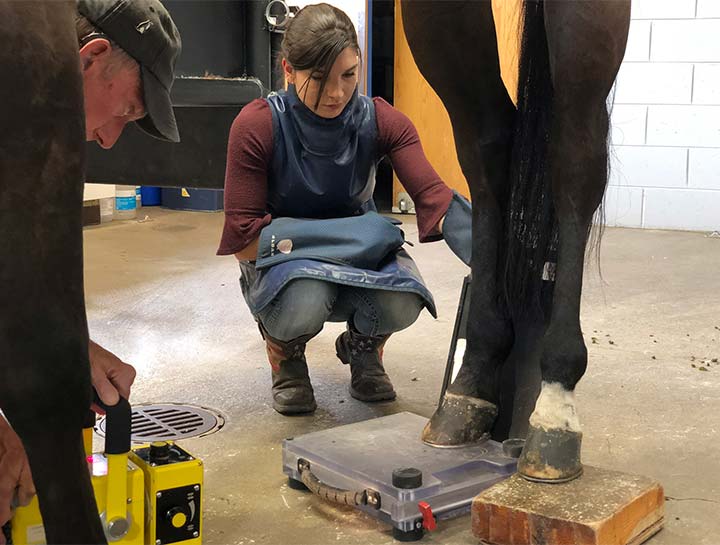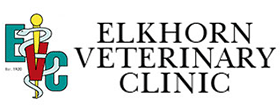Equine Diagnostics
Detect problems and diagnose correctly
The treatment we provide for your horse is as thorough and advanced as the diagnostics we employ. The Elkhorn Veterinary Clinic uses the latest tools available to detect problems and diagnose them correctly. When you place your horse’s health in our hands, we understand that only the best technology and most capable team of veterinarians will do.
We're better equipped for treating and preventing illness
With our 7 large animal veterinarians, we can discuss specific medical cases as a team to better serve our patients. Combining our years of experience in equine medicine and our knowledge of current tools and protocols, we’re well-equipped to treat challenging conditions and prevent the onset of others.
Lab Testing
The Elkhorn Veterinary Clinic utilizes our own in-house laboratory as well as several top-quality reference labs. These reference labs are selected for their superiority in analyzing and providing accurate test results. We’re committed to providing results as quickly as possible and some of our tests can even be performed stall side!
Digital Radiography
We have X-ray equipment available for both hospital and farm use. It can produce the highest quality images very quickly and also allows us to optimize images for the most accurate diagnosis. Digital X-ray is an excellent tool for viewing the bones, joints, and heart.
Digital Ultrasound
With ultrasound, we can diagnose soft tissue and joint injuries with greater efficiency and accuracy. It also lets us visualize the deep abdominal structures to aid in colic workups, pregnancy diagnoses, and neonatal care. Ultrasound provides higher-quality soft tissue images than digital X-ray.
Gastroscopy
With our 3-meter gastroscope, we can study your horse's stomach lining. Many horses are prone to ulcers, which can be caused by:
- A sudden change in lifestyle from open pasture to stall confinement. Horses in stalls have a low-forage diet that decreases saliva production, resulting in high acidity within the stomach and a greater risk for gastric ulceration.
- A lower feeding frequency
Upper Airway Endoscopy
We also have an endoscope for viewing your horse’s nasal passages, larynx, guttural pouches, upper trachea, and upper esophagus. Sport horses and racehorses often develop upper airway issues, which is why endoscopy is essential for diagnosing problems in this area. We can also use our scope for bladder, uterus, and urethral endoscopy.

